Advice from a Director of Admission
Paying for an independent school education can be challenging. Tuition, books, and activities fees are just the start of a family’s cost estimate. When looking at schools, ask the Director of Admission for all the fees associated for a specific grade – ask about athletic equipment, study trips, and after-school enrichment programs which are frequently not included in the cost of tuition but are common incremental costs. This will give you a better cost comparison as you look at a variety of schools.
Schools will also have auction galas, holiday fundraisers, and Annual Giving drives to close the gap between tuition and actual operational costs. Sometimes people ask why schools do not simply raise tuition to close that gap and to end these additional financial asks. There are a few key reasons why:
- Higher tuition might prevent some parents from enrolling their children. Most schools want to make their institution available to as many people as possible. A diverse student body benefits everyone.
- Families are asked to give as much to Annual Giving as they are able; those who can give more are encouraged to do so.
- Contributions to Annual Giving and other fundraisers are tax-deductible (unlike tuition).
In an area of the country where independent schools can cost $20,000 or more per year, per child, there are many families who qualify for Financial Aid. According to Independent Education (The Association of Independent Schools of Greater Washington) “member schools provided more than $112 million in need-based financial aid to 7,510 students in 2012-13. On average, need-based aid accounted for 12.4 percent of the schools’ gross tuition.”
There is an easy to complete financial aid online form called the Parents’ Financial Statement (PFS) from School and Student Services (SSS) by NAIS (National Association of Independent School) and on its site, nais.org. Forms are completed once and the results are then sent to all of the schools that the applicant is interested in. After completing this form, applicants can then discuss the financial aid opportunities with the Director of Admission and/or the Director of Financial Aid of each selected school.
Don’t let your household income determine your child’s education; there are many great independent schools in the DC metro area that will work with families on tuition. The investment in your child’s education is one of the most important you can make.








